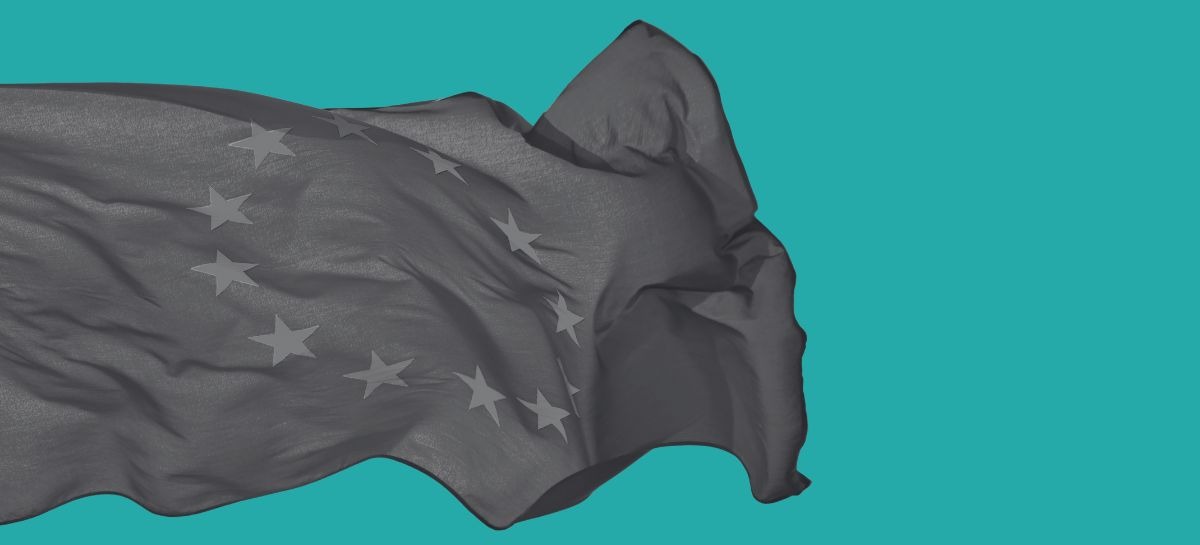
By Conor Friedersdorf
American officials are waging a multifront attack on Europe’s approach to free speech. This month, a congressional delegation traveled to Dublin, Brussels, and London to probe and decry European regulations on digital speech. A State Department human-rights assessment issued last week pointed to objectionable “restrictions on freedom of expression” in France, Germany, and the United Kingdom. All of this follows Vice President J. D. Vance’s speech in February at the Munich Security Conference, where he accused European leaders of retreating from the continent’s “most fundamental values,” including free expression.
These assessments might seem untrustworthy, given the flagrant transgressions against free-speech principles from the Trump administration and its allies. But the fact is that European leaders are corroding the right to free expression, and show every sign of sliding further down a slippery slope into illiberalism.
[ . . . ]
Germany has a unique history that informs its speech restrictions, which are motivated in part by a desire to prevent anything like the Holocaust from happening again. But Iris Hefets, an Israeli-born activist, believed that she was trying to stop a human-rights atrocity when she was arrested at a protest in Berlin for holding a sign that said As a Jew and Israeli, stop the genocide in Gaza. Although she was not criminally charged in that incident, she has been arrested on two other occasions for nonviolent pro-Palestinian protests. A German court convicted another activist for leading a “From the river to the sea, Palestine will be free” chant in Berlin. Jacob Mchangama, an academic who researches freedom of expression in Europe, reported earlier this year that German police investigations of online speech “happen to literally thousands of people,” including climate activists, pro-Palestinian activists, and ordinary people. “Even posting a book cover on X that features a barely visible swastika on a facemask—intended to draw sarcastic parallels between COVID policies and Nazi-era policies—can lead to a criminal conviction for displaying prohibited symbols,” he wrote.
Denmark has criminalized the inappropriate treatment of holy texts. In Switzerland, a man was fined and sent to prison for 40 days, a sentence upheld last year on appeal, for calling a journalist a “fat activist lesbian” and saying that queer means “degenerate.” After police in Austria raided the home of a Muslim academic at gunpoint, a regional court cited his work on Islamophobia as justification. A court sentenced a Czech teacher to a prison term (which was suspended), probation, and the loss of her ability to teach for three years for telling her class that Russia’s invasion of Ukraine was justified.
[ . . . ]
With online speech offering national authorities more occasions to launch prosecutions, the court set another speech-chilling precedent in 2015: An online news portal in Estonia could be punished for failing to remove hateful comments posted beneath a news article that itself was unobjectionable, the court found. In a similar case, in 2023, the court ruled against a far-right politician from France, Julien Sanchez, who had been punished for failing to delete hateful comments left beneath a Facebook post he wrote, even though he apparently hadn’t seen the comments. That ruling included the sweeping statement that because “tolerance and respect for the equal dignity of all” are foundational in a pluralistic democracy, “it may be considered necessary in certain democratic societies to penalise or even prevent all forms of expression that propagate, encourage, promote or justify hatred based on intolerance.” Not only must wrongthink be banned, the court suggested; justifying the wrongthink of others, or failing to adequately monitor and censor it, can be penalized, too.
All of those precedents come from the judicial body charged with protecting free-speech rights. Natalie Alkiviadou, the author of Hate Speech and the European Court of Human Rights, observed recently that although the court has long invoked the necessity of protecting democracy in restricting speech, its reasoning “has drifted far from those original aims.” Now that the court has justified criminalizing so many other forms of speech, no European citizen can trust that the court retains its bygone commitment to protecting ideas that “offend, shock or disturb the State or any sector of the population.”


